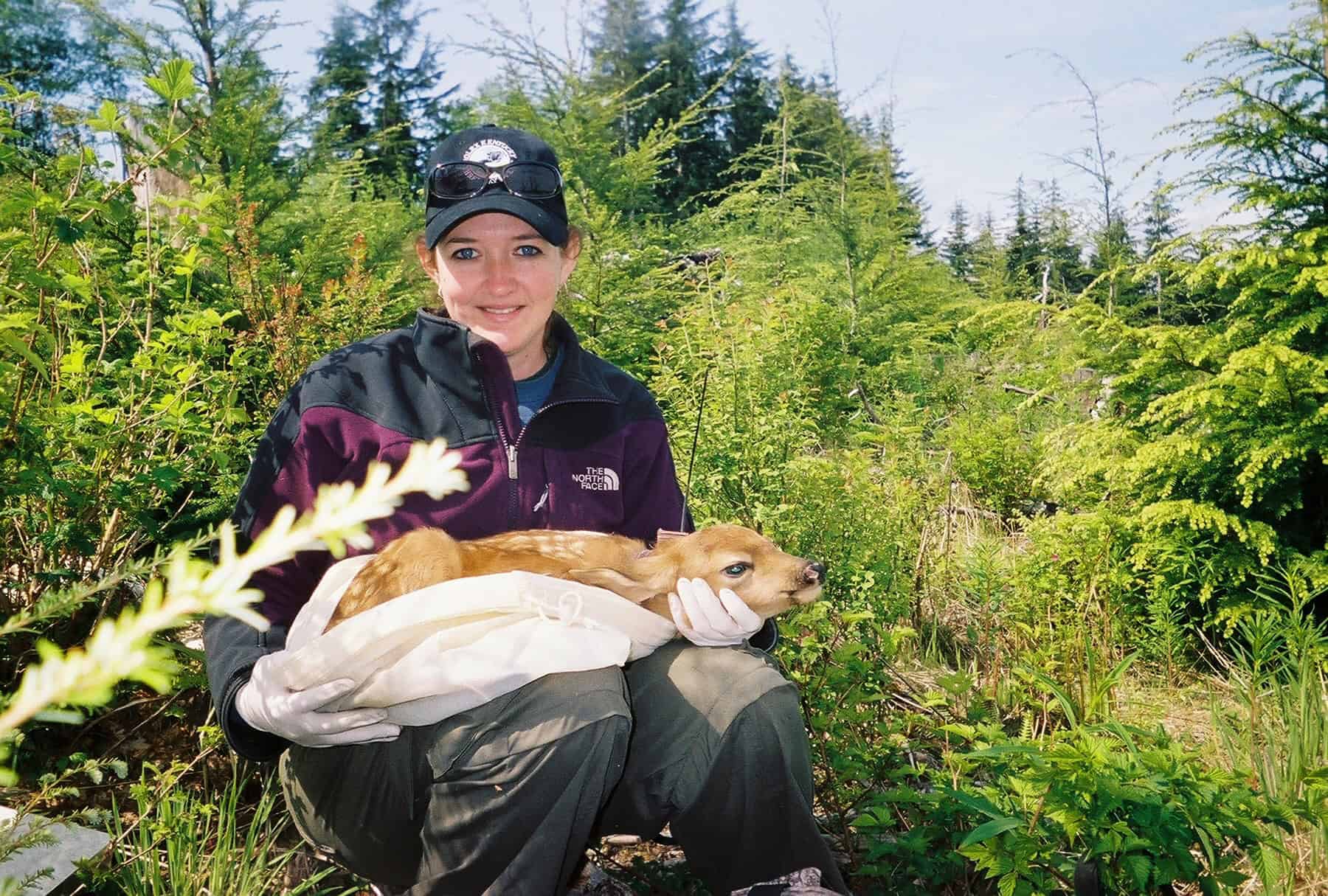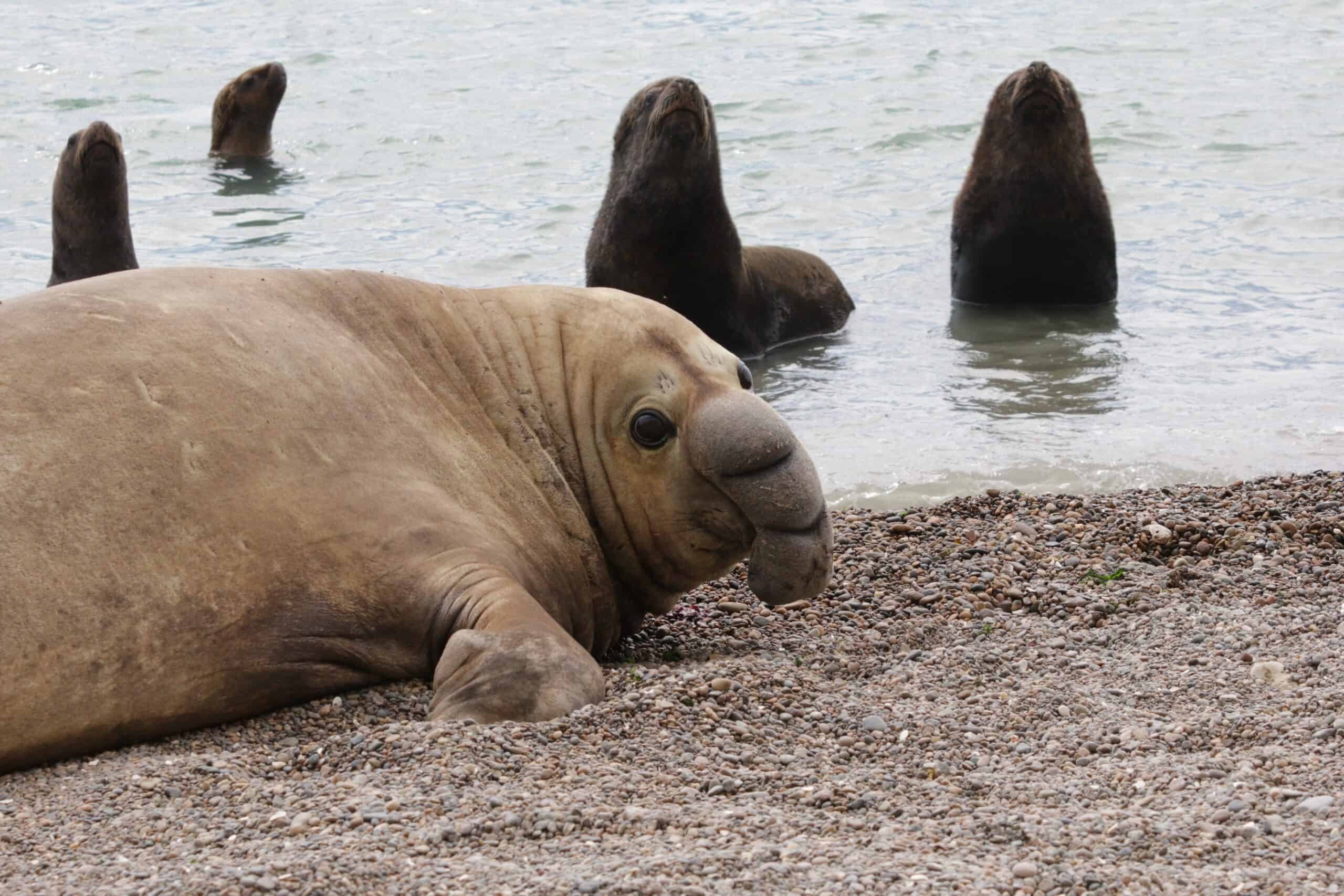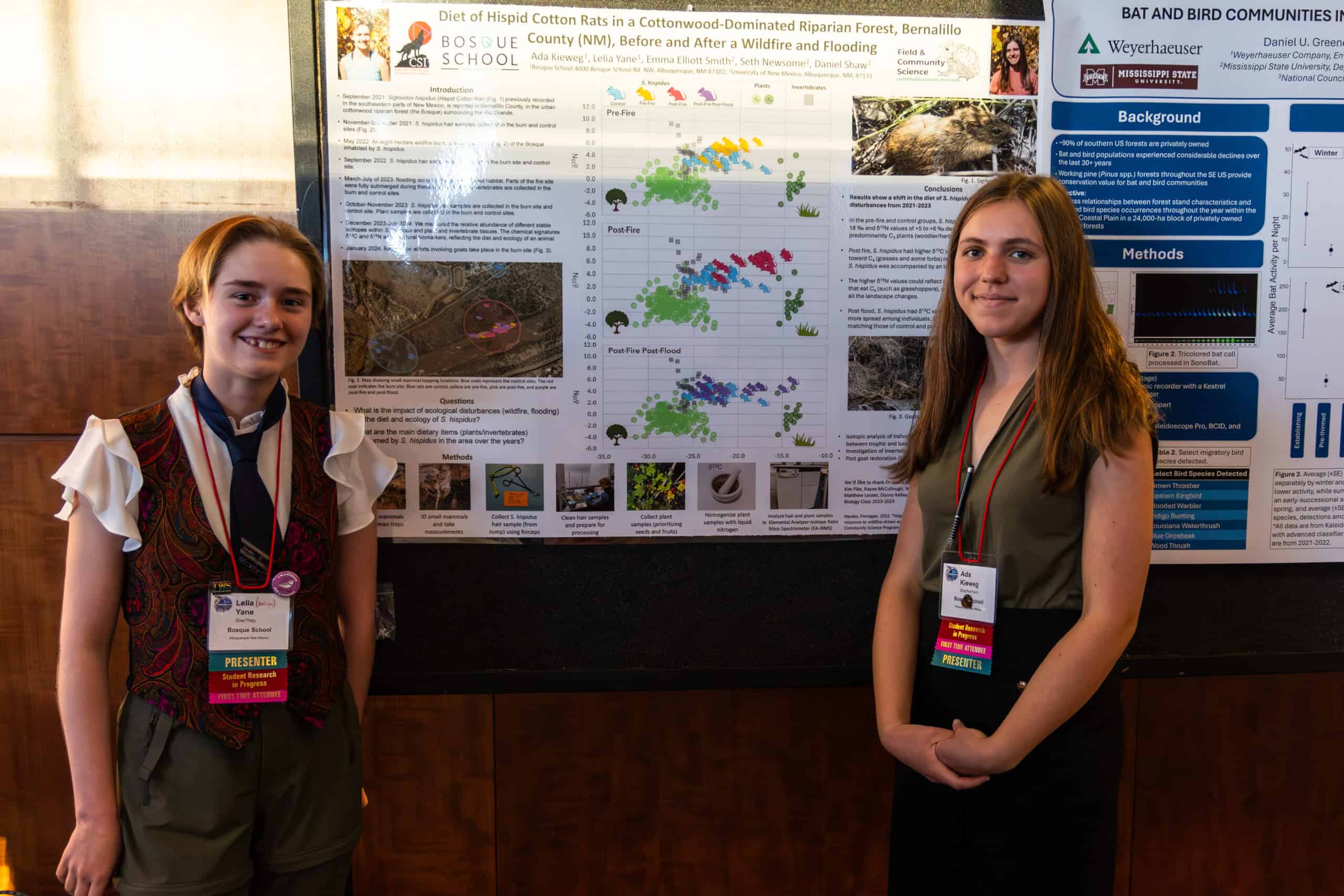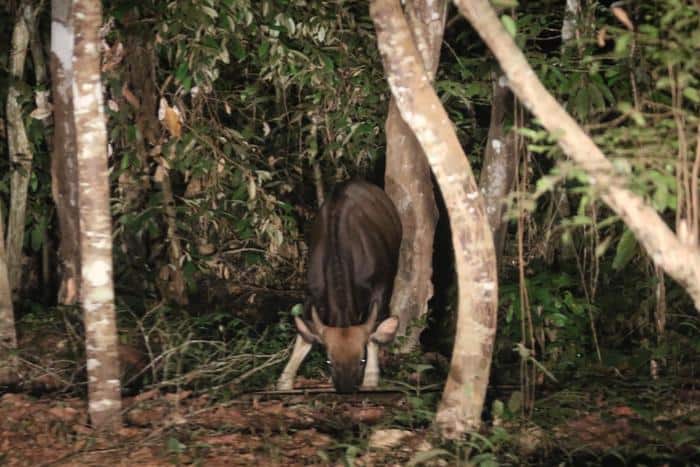Share this article
Wildlife Vocalizations: Krysten Schuler
Krysten Schuler discusses her journey to become a wildlife disease ecologist
As a child, when I mentioned to people that I wanted to work with animals, everyone immediately started talking about being a veterinarian or a park ranger. After shadowing a veterinarian, I knew that profession was not for me. One year in a lab-based job, being bored out of my skull, I decided being bored was worse than any hard work I could possibly do. My inspiration was to have a job that was “interesting.”
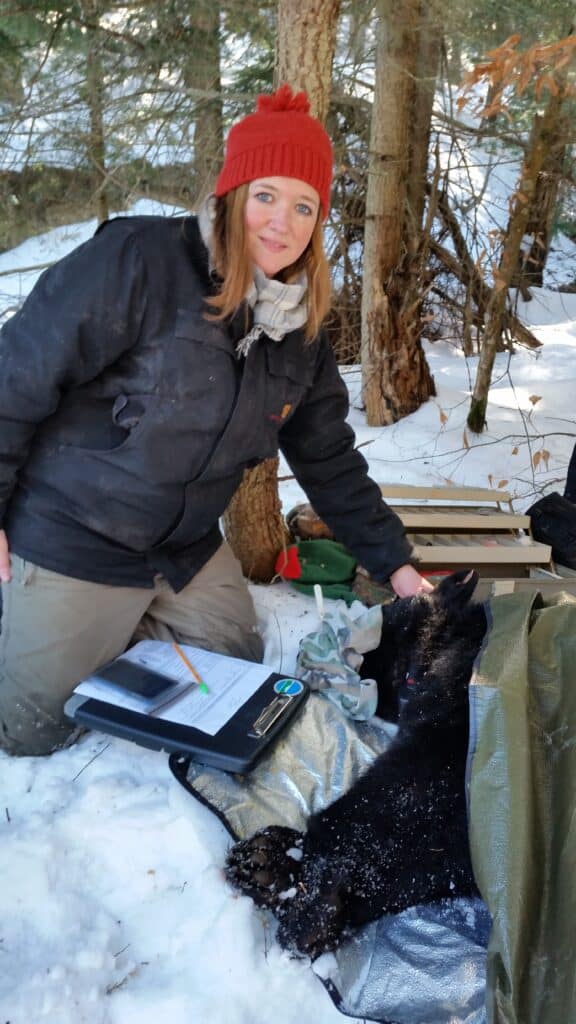
My motivation in working with animals was to do what was in their best interest. Wildlife was appealing because they were not only awesome; everybody owned them. I left my comfort zone and moved across the country to a new state, where I didn’t know a soul, to start a master’s degree in wildlife ecology. It was the best experience of my life, and an entirely new world opened up to me. Those friends are still my “crew” at the annual TWS meetings.
After the master’s, I wanted to do a PhD, but I really needed to decide on an area of expertise. I took a class on wildlife diseases, which I found fascinating. When a PhD project was available on chronic wasting disease in a national park, I decided to take it, even though it meant moving to an even more remote state where, again, I did not know anyone.
With any fieldwork, there are always going to be challenges, and this project was particularly difficult administratively and logistically. Wildlifers always have good stories, and I certainly got a lot of mileage out of my doctoral time. Finished with my degree and now a highly credentialed wildlife biologist, I still didn’t know how to describe myself. I decided to be a “wildlife disease ecologist.” Was that even a thing? Fake it until you make it, right? I love this field because there are always new challenges to keep things interesting.
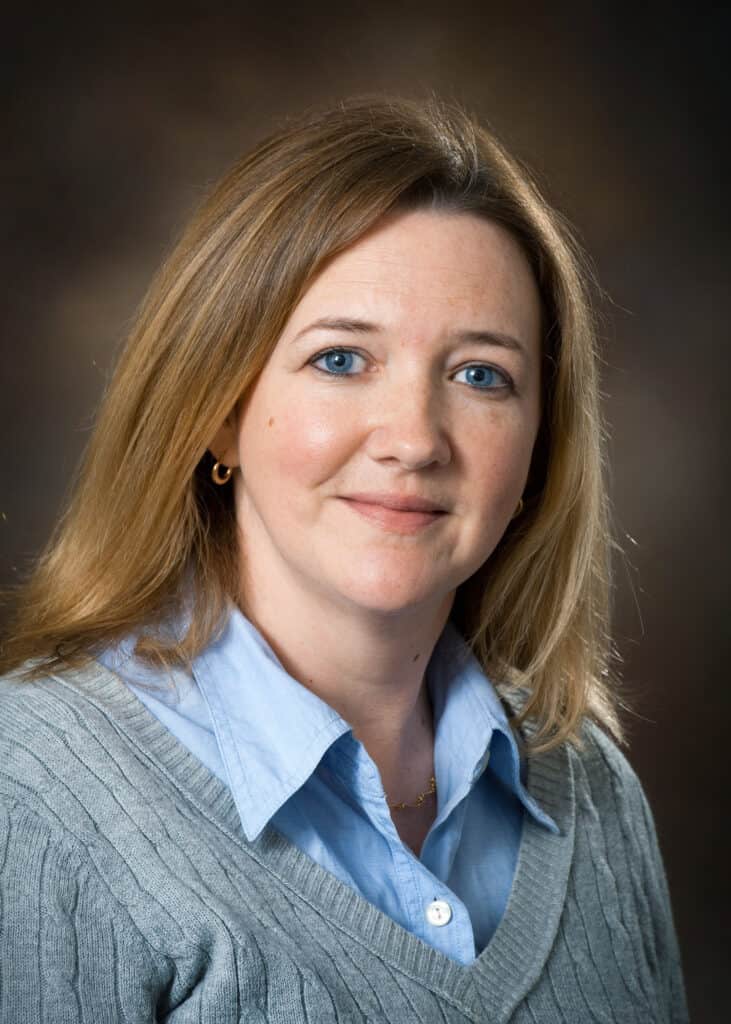
One of the latest challenges I’ve embarked on is trying to change the culture of wildlife biology to think of diseases as more than just something that happens in the background. Unfortunately, high-profile diseases in recent years that have demonstrated the impact on wildlife populations (i.e., West Nile virus, CWD, white-nose syndrome, chytrid fungus, sarcoptic mange, etc.).
Wildlife professionals need to realize that we are both a risk and at risk when it comes to diseases in the course of our work. We need to make sure we are taking the appropriate biosecurity precautions to prevent disease transmission and distribution. One of my proudest accomplishments is having created a medical wallet card for wildlife professionals that was credited with saving the life of a USFWS employee.
Years later, I’m happy to report that I’m rarely bored. I am eternally grateful for the opportunity to continually improve and give back to the wildlife community and resource.
Wildlife Vocalizations is a collection of short personal perspectives from people in the field of wildlife sciences.
Learn more about Wildlife Vocalizations, and read other contributions.
Submit your story for Wildlife Vocalizations or nominate your peers and colleagues to encourage them to share their story. For questions, please contact tws@wildlife.org.
Header Image: Krysten Schuler catches black-tailed deer fawns with the Makah Tribe of western Washington to look for exotic chewing lice. Photo credit: Courtesy Krysten Schuler



